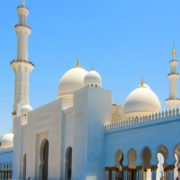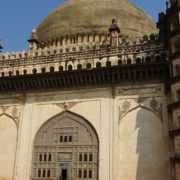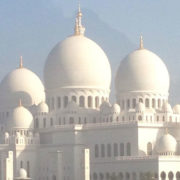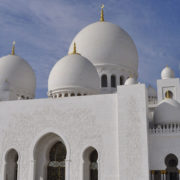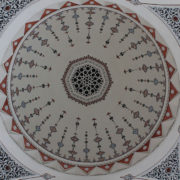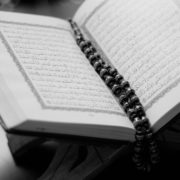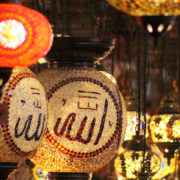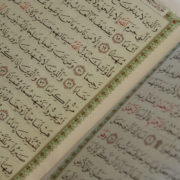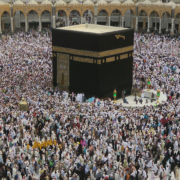ISLAMIC ETHICS: Decency, Propriety, and Purity
Abdullatif Aljibury, Phd.
Danville, California
Reflecting on the ethical codes in this final chapter, one cannot but observe its central pivot in decency, purity and sanctity of the tennents that the believer is guided to acquire and fully demonstrate in his daily activities. These practices are a shining testimony to the value system and Read more

